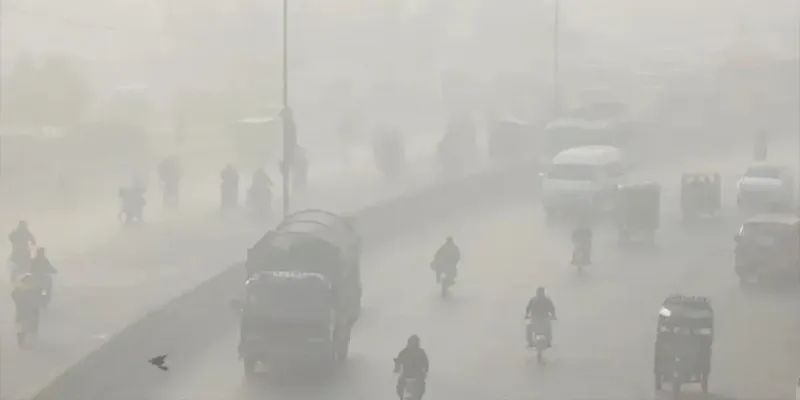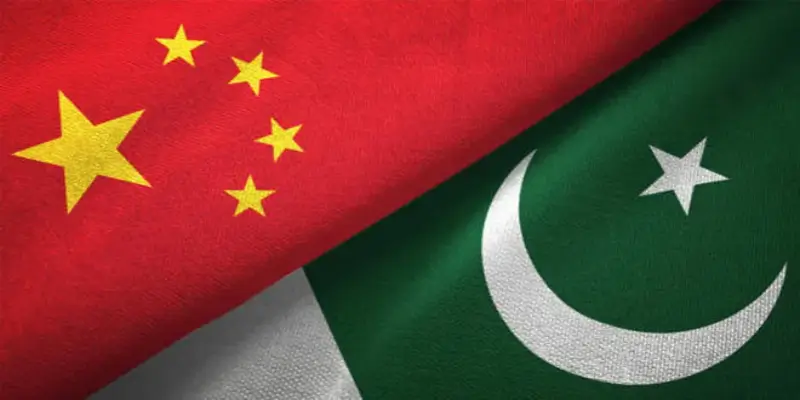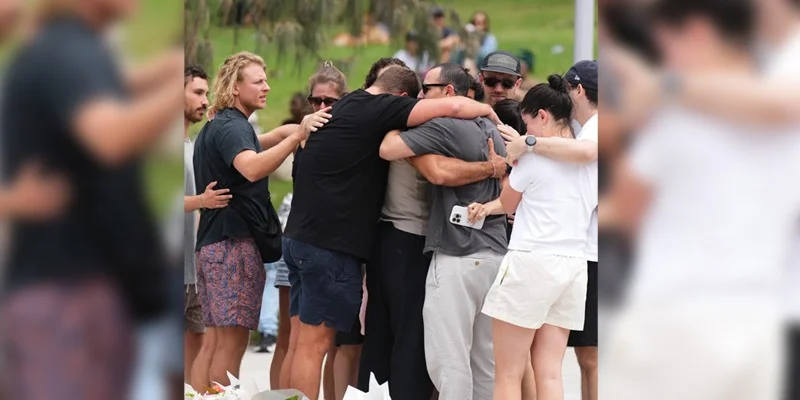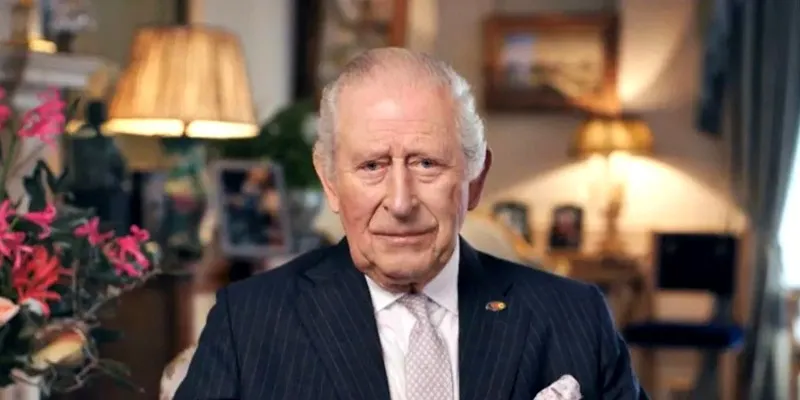- Ongoing evictions of Kenya’s Ogiek Tribe for carbon credits profits
- Human rights lawyers claim illegal actions
- Ogiek leader reports forest rangers using force
In Kenya, the Ogiek Tribe is facing what human rights lawyers claim are illegal evictions from their ancestral lands, driven by the pursuit of profits from carbon offsetting schemes.
The ongoing eviction operation in the Mau Forest involves hundreds of Ogiek community members, and their representatives have raised concerns about the nature of these evictions.
Ogiek leader Daniel Kobei has reported that armed forest rangers are using axes and hammers to demolish the homes of community members. The Kenyan government contends that these operations are being carried out to protect the environment. However, experts argue that carbon credits are a significant motivating factor behind these actions.
The global carbon credit market provides a framework that allows polluters to pay forest owners to offset their emissions through the carbon-absorbing capacity of trees. Advocates of the Ogiek community claim that these evictions are part of a larger effort by the Kenyan government to strengthen its territorial and financial control over a valuable asset.
Dr. Justin Kenrick from the Forest People’s Programme suggests that financial interests are driving these actions, as those controlling Africa’s forests stand to profit substantially. The Mau Forest is Kenya’s largest, and the increasing interest from offsetting companies appears to be prompting the government to assert its control, according to Dr. Kenrick.
Lucy Claridge, director of the International Lawyers Project, echoes these concerns, stating that there are strong suspicions that the evictions are linked to carbon credits. She points to recent negotiations between the Kenyan government and the Dubai-based offsetting firm Blue Carbon, along with increased government funding for forest conservation.
While not accusing Blue Carbon of wrongdoing, Ms. Claridge emphasizes that the conservation of these lands should be led by the indigenous communities who have historically owned and managed them, given their expertise in sustainable practices. Many scientists argue that the natural world is better preserved when indigenous communities are involved.
Blue Carbon, in response to inquiries, refers to Article 6 of the Paris climate agreement, emphasizing that a process is deemed ineligible if it results in the displacement of indigenous communities or vulnerable groups.
The Ogiek community’s plight is exemplified by accounts of forest rangers suddenly tearing down their homes without warning. So far, approximately 700 people, including women and children, have been affected by these evictions, which began on November 2 and are still ongoing.
Daniel Kobei, the director of the Ogiek Peoples Development Programme (OPDP), describes this area of the Mau Forest as a critical conservation zone and a haven for the unassimilated Ogiek community, emphasizing its significance as a repository of their true heritage. International concerns continue to mount as these evictions persist.
[embedpost slug= “israel-hamas-war-gaza-death-toll-climbs-to-10812-says-hm/”]
To stay informed about current events, please like our Facebook page https://www.facebook.com/BOLUrduNews/.
Follow us on Twitter https://twitter.com/bolnewsurdu01 and stay updated with the latest news.
Subscribe to our YouTube channel https://bit.ly/3Tv8a3P to watch news from Pakistan and around the world.














